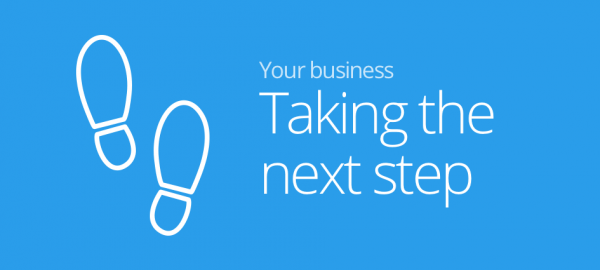Human beings thrive the most when they feel they belong somewhere. That could be within a family, a culture or importantly, to the place they typically spend most of their time after home – their place of work.
People with a true sense of belonging at work are more than three times more likely to give their all in the workplace in terms of productivity and motivation, according to research from EY at the Center for Talent Innovation.
The EY Belonging Barometer found that as many as 40% of the 1,000 surveyed US employees felt isolated at work, while almost two-thirds of people felt the greatest sense of belonging at home.
Employers should look to make changes that encourage positive relationships and connections between co-workers, as well as between employer and employee. This requires connecting with them on a personal level, to increase their feeling of being valued, important and connected.
Engage on an informal level
Firstly, an employer should look to take the opportunity to engage informally on a daily basis, from asking how their weekend was, to asking how their working week is going. This can start a dialogue and produce some revealing answers that you can act upon to help staff work effectively.
It also helps to listen without feeling the need to put an opposing view, which could make the employee less likely to speak their mind in future.
Another useful tool, in particular when dealing with problematic situations, is to approach the matter with the assumption that the other person’s intentions are good, while giving them time to explain something from a viewpoint you may not have considered.
It is also helpful to obtain feedback from those around you. Input from both your peers and junior members of staff could help everyone to work effectively. Your acknowledgement of the feedback and acting upon it will likely increase their opinion of you and confidence in you.
Know what is going on
Other ways to improve productivity include taking a closer look at the roles and workload of individual members of staff.
Where possible, an employee with a heavy workload should look to delegate work. This can lead to one worker gaining new skills and responsibilities while relieving another overworked employee.
By becoming more familiar with your team, you will gain a better understanding as to who is overworked, who is looking for new opportunities and who has underused skills that could be put to good use. By getting to know the employees on a personal level, you will know which team member is best suited to which role. This will benefit the business by having the best person for the job on each task, as well as benefiting the worker who will have a more positive experience of work by playing to their strengths.
Checking in with your employees is just the starting point, but an important one, which can lead to interesting insights, better communication throughout the business and a more positive feeling towards the workplace. This will, in turn, lead to more productive workers, an increase in employee retention – and client retention – and most importantly a successful, thriving and profitable business that benefits everyone.
